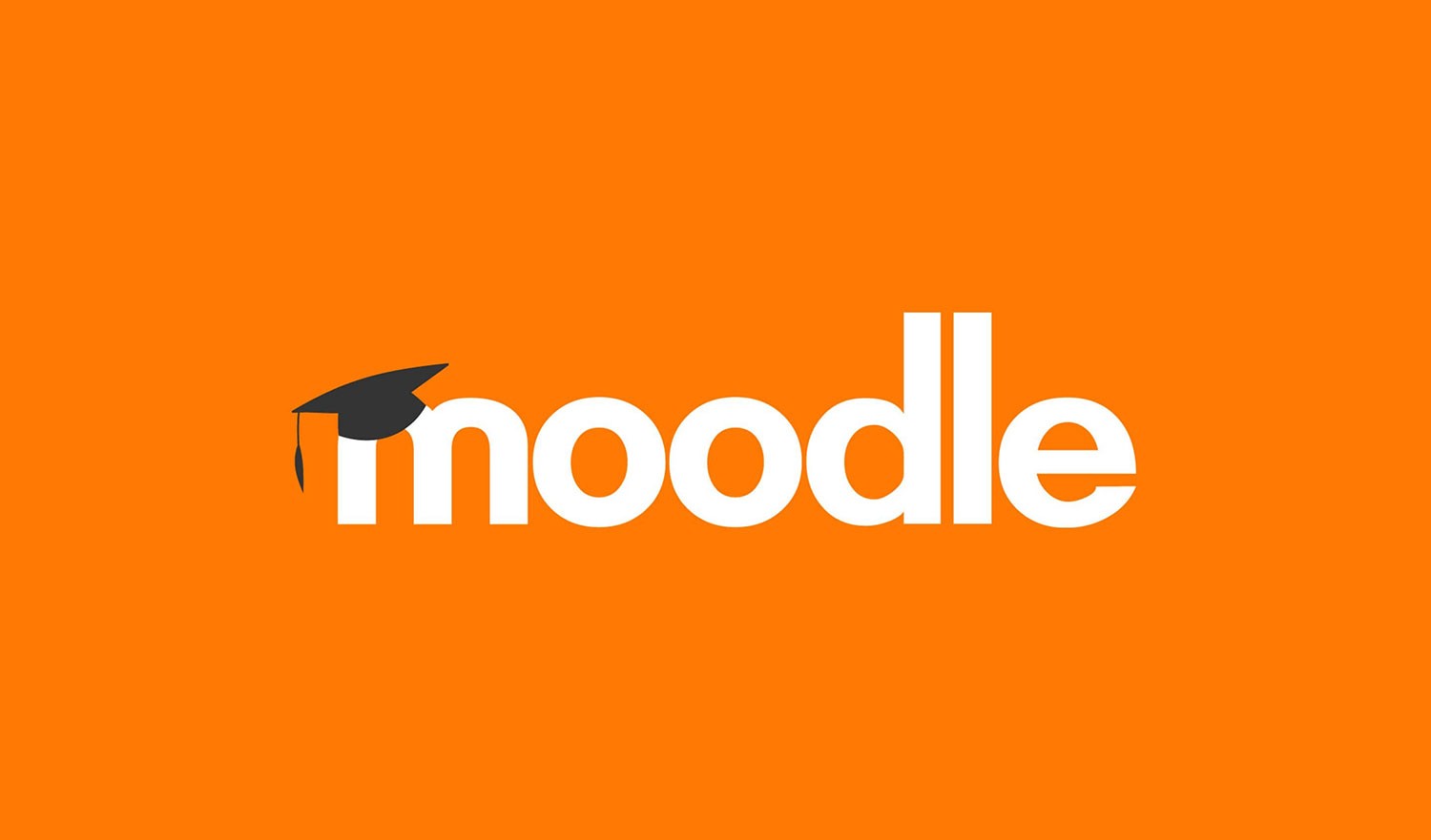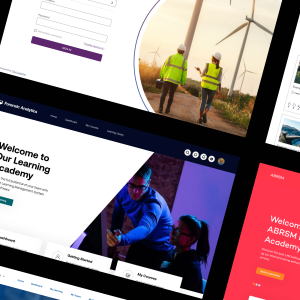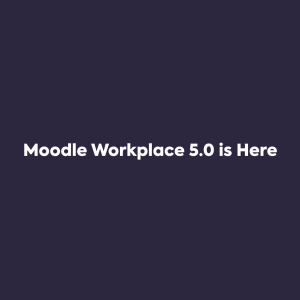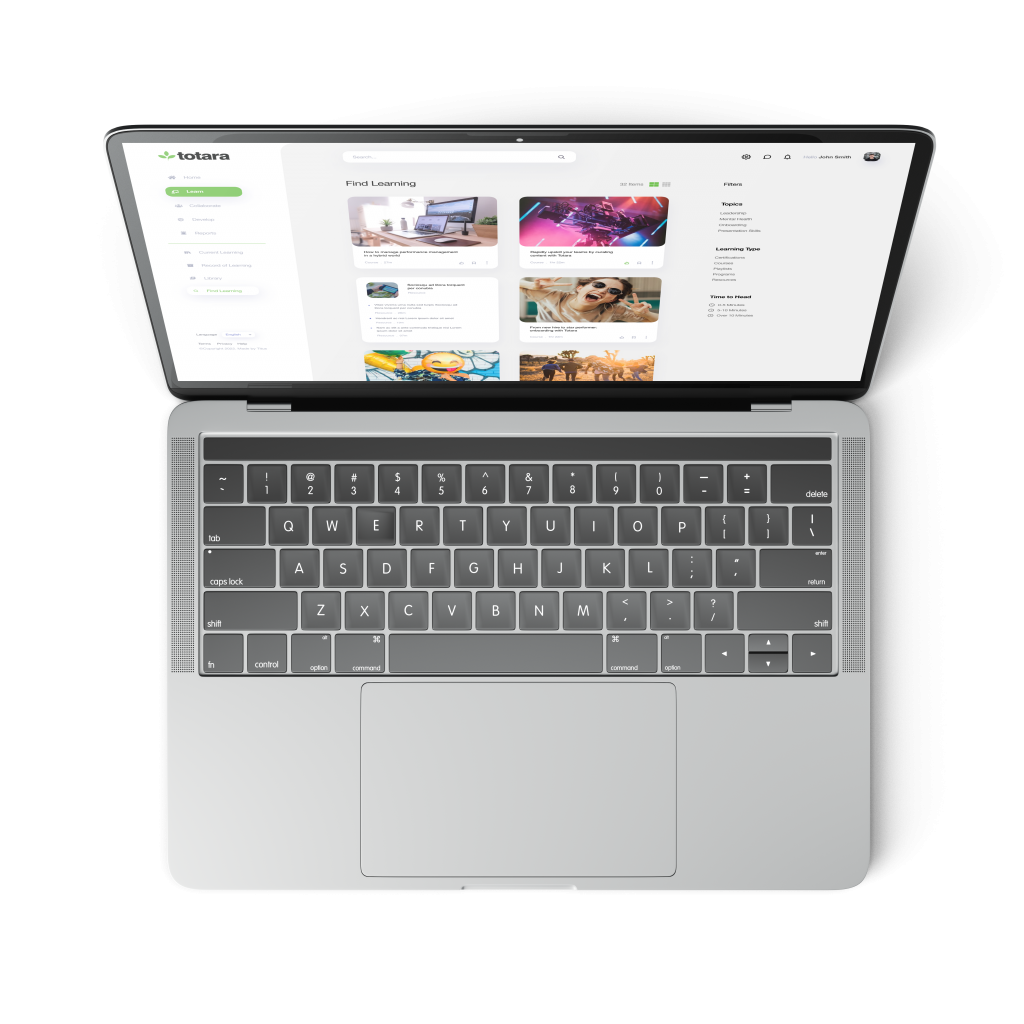Online learning platforms have become indispensable — and ubiquitous — tools for delivering engaging and accessible learning experiences in higher education. However, to maximise the value of their investment in digital learning, institutions are increasingly shopping around to find the most effective platform and the most innovative features rather than sticking with a legacy provider.
If you’re looking to change your LMS provider and are not entirely up to speed with current offerings, this guide may be helpful. We’ll explore the differences between LMS and VLE, delve into the role of an LMS in a tertiary education context, highlight key features to consider when selecting a platform and introduce some popular current options tailored for the higher education sector.
What's the difference between LMS and VLE?
As we know, tech companies love acronyms. As a result, there has been some confusion about the precise difference between an LMS (learning management system) and a VLE (virtual learning environment) in the digital learning space. Both types of software fall within the broader definition of “learning platform,” but the key difference is in their scope.
The term VLE is mainly used for a web-based platform that provides an online space for learning activities and interactions between students and instructors — from primary through to tertiary education.
LMS is a newer term for a more comprehensive platform that enables organisations to create, manage, and deliver online courses, training programs and certifications in any setting — full-time education, workplace learning and development, membership associations, professional training and certification, and many more use cases.
For institutions in the higher education sector, the critical point is this: while both LMS and VLE have similar uses and aim to facilitate online learning, an LMS is typically more extensive. That means it can better meet the diverse needs of students and faculty across various departments and programs.
What is an LMS for higher education?
In higher education, an LMS supports and enhances teaching and learning processes at a departmental, school, college or university level. It serves as a centralised hub where educators can create and manage course content, assign tasks, track student progress, and facilitate communication and collaboration among students and faculty.
By effectively implementing an LMS, higher education institutions can streamline administrative tasks, enhance student engagement, and deliver more personalised and flexible learning experiences — while also meeting the training and development needs of faculty and staff.
The role of an LMS in higher education
The role of an LMS extends beyond simply providing access to learning materials or a portal for assignment uploads — the right platform should benefit all users, from administrative teams to teaching staff and faculty to students themselves.
Centralised learning environment
An effective LMS provides a single platform or hub where students can access course materials, submit assignments, and interact with their peers and instructors. Having everything in one place simplifies the learning process and ensures students have easy access to everything they need to manage their own learning journey.
Enhanced engagement & collaboration
Interactive features such as forums, chatrooms, and collaborative tools can help build a learning community and encourage active participation — enabling students to engage in meaningful discussions, share ideas, and collaborate on group projects, even in a remote learning setting.
Streamlined administration
An LMS should simplify the course creation and student enrollment processes. Automated features can help reduce the administrative burden, allowing educators to focus on delivering high-quality instruction and supporting student learning, and integration with student information systems eliminates “double entry” of data.
Flexible learning opportunities
Using an LMS, course leaders can design flexible learning modules, including online, hybrid, or blended courses. This supports diverse learning preferences and enables educators to reach a broader audience, including students who may not be able to attend all on-campus classes.
Data-driven insights
The advanced reporting features in most LMS platforms provide valuable insights into student engagement and performance. By analysing data on student activity, course completion rates, and assessment results, educators can identify areas for improvement and make data-driven decisions to enhance the learning experience.
Key features to look for in an LMS for higher education
When evaluating the LMS solutions on offer, it’s easy to get bogged down in questions about enrolment capacity, database structure, licensing options, or other “key features” that look great on the website but don’t tell you much about how well the platform will work for your users.
To help you differentiate between competing systems, we’ve compiled ten essential questions that should cover most of what you need to know to determine whether a given LMS would be a good fit for your institution.
Popular LMS/VLE Options for Higher Education
The LMS marketplace is enormous — and continues to grow. To keep things simple, we’ve looked at some of the key features of the three leading LMS solutions available.
Moodle LMS
Moodle is the world’s most popular open-source LMS, used by around a quarter of the world’s top-rated universities, and offers a range of features ideal for higher education:
- Designed by educators for educators, with a track record of use in academia
- Highly customisable platform adaptable to specific institutional needs
- Fully themeable to match institutional branding and UI needs
- Extensive plugin library for added functionality and integrations
- Strong emphasis on pedagogy and collaborative learning
- Personalised learning paths and adaptive learning features
- Active global community of developers and users, ensuring continuous improvement and support
- Cost-effective solution with no licensing fees

Canvas LMS
Canvas is a cloud-based LMS provided by Instructure, designed with higher education users in mind:
- Intuitive and user-friendly interface for easy navigation and adoption
- Robust course management tools and interactive features
- Integration options with third-party apps and services
- Periodic updates and improvements based on user feedback
Blackboard Learn
Blackboard is a comprehensive and widely used LMS solution that caters to the needs of higher education institutions:
- Comprehensive set of tools for course creation, assessment, and collaboration
- Analytics and reporting capabilities for data-driven decision-making
- Dedicated support and training resources for successful implementation
- Scalable platform that can accommodate large numbers of users and courses
What platform is best for your education organisation?
Each of the three platforms we’ve discussed should be adequate to support higher education programmes, as reflected by their combined market share of over 70% in the HE space. However, Moodle stands out as a solid choice for higher education due to its customisation capabilities, cost-effectiveness, and community support.
Its open-source nature allows institutions to tailor the platform to their specific requirements, whether that’s course structure, look and feel, or custom integrations with other software.
The absence of licensing fees makes it an attractive option for budget-conscious institutions — allowing for use at departmental, project or course levels, as well as university or college-wide.
And Moodle’s active global community, much of it in academia, ensures a continuous flow of updates, improvements, and support resources. This means that the platform is constantly evolving in direct response to the changing needs of educators and students (rather than shareholders!).
Getting to grips with the LMS landscape
Ultimately, your choice of LMS will depend on the unique needs and priorities of your faculty, staff and students. Carefully evaluate each platform’s features, scalability, integration capabilities, and support provision to ensure that they align with your goals and can effectively support the delivery of high-quality online learning experiences.
If you’d like more detailed guidance as you evaluate the LMS options available, Titus can help. Contact our team for an initial consultation — no strings attached — or a live demonstration of the current LMS offering from Moodle and our other partners.







